When the lights suddenly go out, it’s not just the dark that catches people off guard, but the realization of how unprepared they really are. Power outages can happen anytime due to storms, equipment failures, or grid issues. Yet, many households make simple mistakes that turn a manageable blackout into a stressful event. Failing to plan for basic needs, overlooking safety, or neglecting small details can quickly escalate into bigger problems. By recognizing and avoiding these errors, you can stay safe, calm, and comfortable when electricity is unavailable. Here are ten common mistakes people make when preparing for power outages and how to prevent them.
1. Assuming It Won’t Happen to You
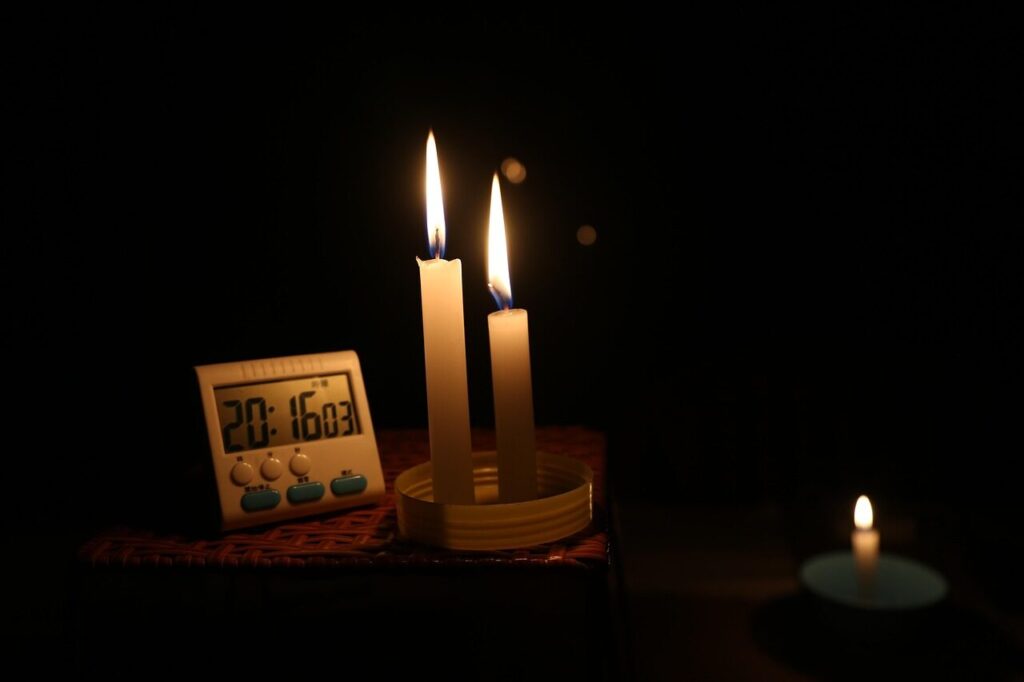
Many people skip preparing for blackouts because they think their area is safe from them. However, even regions with reliable electricity can experience sudden outages caused by severe weather or technical failures. Believing it won’t happen leads to complacency, leaving you without backup power, food, or lighting when it matters most. Treat every home as potentially vulnerable and create an emergency plan ahead of time. Stock up on essential items like batteries, flashlights, and nonperishable food. It’s better to be overly prepared than to struggle in the dark when power fails unexpectedly.
2. Forgetting to Keep Devices Charged

When electricity disappears, so does access to communication and information. One of the most common mistakes is failing to keep phones, power banks, and radios fully charged. During long outages, these tools become your lifeline for emergency updates and staying in touch with loved ones. Always keep devices charged before storms and invest in solar or hand-crank chargers. A portable battery pack can provide crucial hours of use when outlets are unavailable. Establish a charging routine so that when an outage happens, you can rely on your technology to keep you connected and safe.
3. Ignoring Food Safety
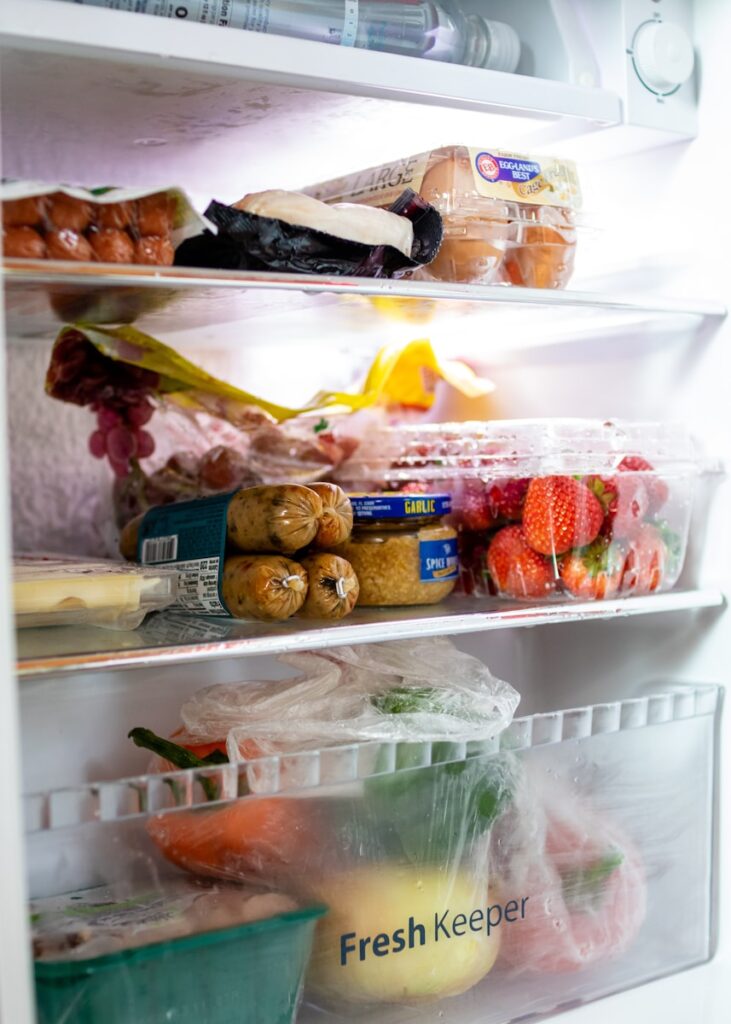
A common oversight during blackouts is failing to manage food storage properly. Opening the refrigerator or freezer too often allows cold air to escape, causing food to spoil faster. Once the temperature inside rises above 40°F, bacteria multiply quickly, making food unsafe to eat. Keep refrigerator doors closed and use a thermometer to monitor internal temperatures. Store ice packs and coolers for backup cooling. Knowing which foods to consume first and discarding spoiled items promptly can help prevent illness. Proper food management keeps your household healthy and minimizes waste when electricity is out for hours or even days.
4. Relying Only on Candles for Light
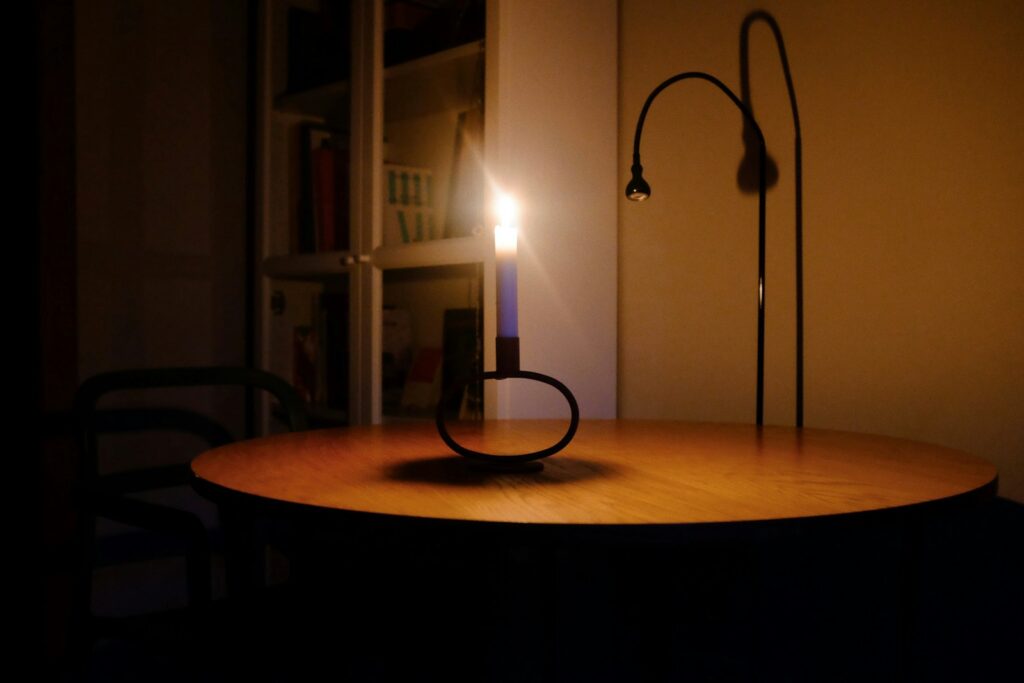
Candles can seem convenient during blackouts, but they pose serious fire hazards if left unattended. Many households rely solely on them instead of using safer alternatives like LED flashlights or battery-powered lanterns. Candles can easily tip over, ignite nearby materials, or release harmful smoke in enclosed spaces. Always keep a fire extinguisher nearby if you must use it, and never place it near flammable objects. A safer choice is investing in rechargeable or solar-powered lights, which provide steady illumination without risk. Reliable lighting ensures safety and visibility without the danger that open flames bring during a power outage.
5. Using Gas Stoves or Ovens for Heat
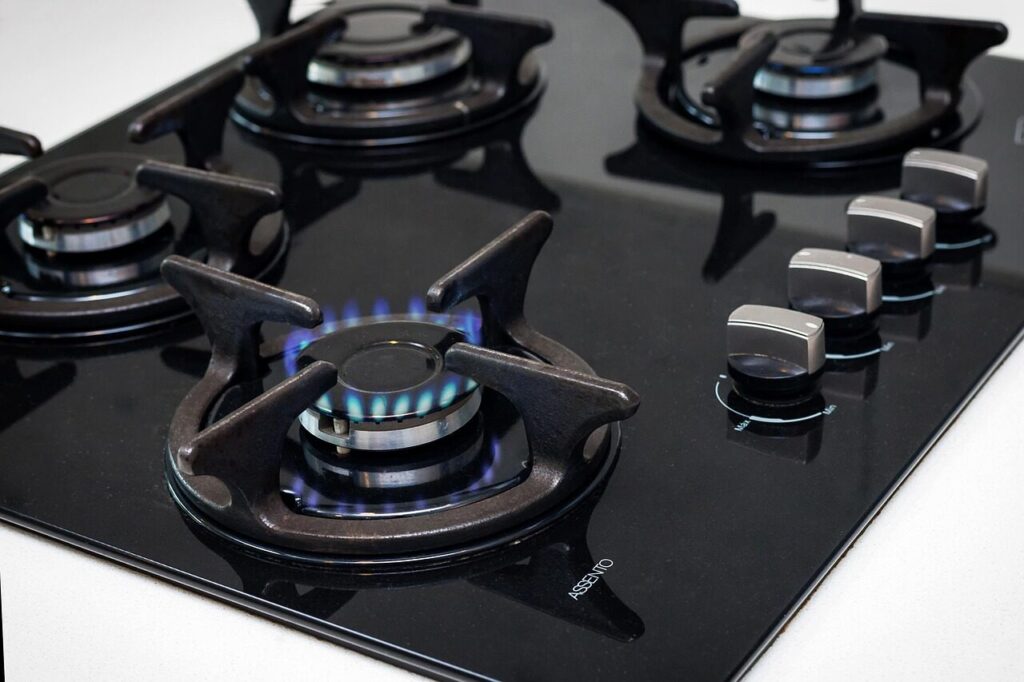
In an effort to stay warm during outages, some people turn on their gas stoves or ovens. This can be extremely dangerous due to carbon monoxide buildup, which is invisible and deadly. Instead, use blankets, layered clothing, and safe indoor heaters designed for power loss situations. Always ensure proper ventilation and keep carbon monoxide detectors in working condition. Never underestimate how quickly toxic gases can spread in an enclosed room. Your safety depends on choosing heat sources that are meant for indoor use. It’s better to stay a little cold than risk serious health hazards or accidental poisoning.
6. Failing to Have a Backup Power Plan
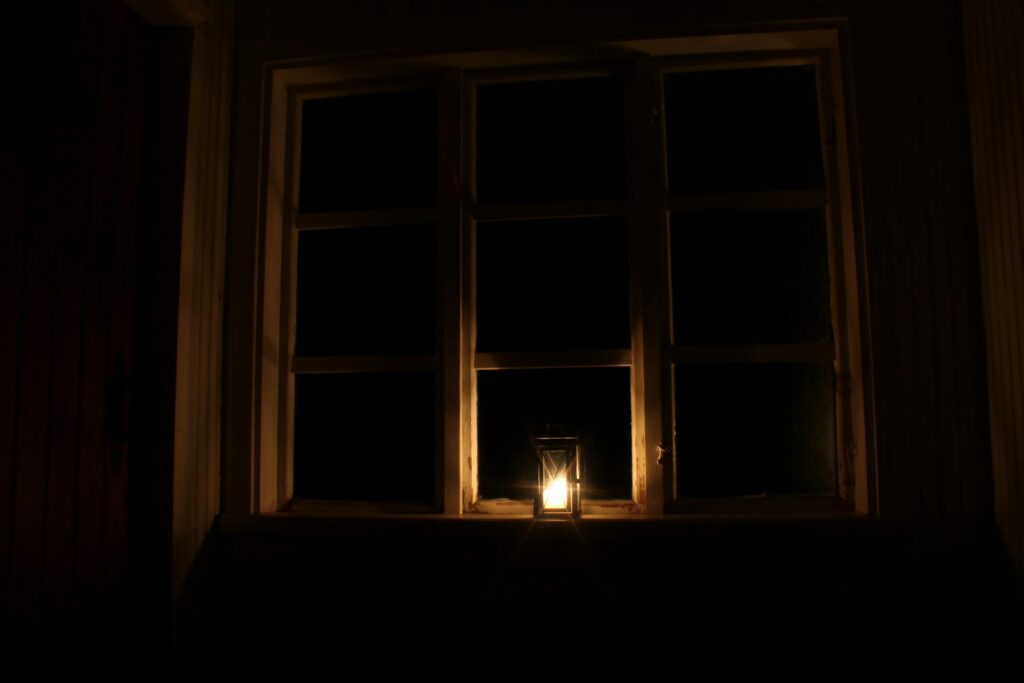
One of the biggest mistakes is not having any form of backup power. A small generator, solar charger, or battery storage system can make a significant difference during prolonged outages. Without one, you risk losing communication, refrigeration, and basic comfort. Before a blackout, test your backup equipment to ensure it works and that you know how to operate it safely. Keep extra fuel and store it properly. Even simple tools like power banks or rechargeable fans can provide relief. Having a reliable power backup not only adds convenience but also peace of mind when uncertainty strikes.
7. Overlooking Medical and Special Needs

Households with members who rely on medical equipment or refrigerated medications face added risks during power outages. Failing to prepare for these situations can endanger health and safety. Always create a plan for powering essential devices like oxygen machines or insulin storage. Inform your power company if someone in your home depends on medical equipment, as they often prioritize restoring such homes. Keep a list of nearby facilities that can provide assistance if needed. Preparation for special needs ensures everyone remains safe, even when electricity is unavailable for an extended period of time.
8. Ignoring Water and Sanitation Concerns

Many homes depend on electric water pumps, which stop working during outages. This leads to problems with drinking water, hygiene, and sanitation. A common mistake is not storing enough clean water before a blackout. Always keep at least one gallon of water per person per day for drinking and cleaning. Fill bathtubs or large containers when an outage seems likely. Consider water purification tablets as a backup. Having clean water on hand prevents dehydration, cooking difficulties, and hygiene issues. Being mindful of water needs ensures that your household stays functional even when utilities go offline.
9. Not Staying Informed
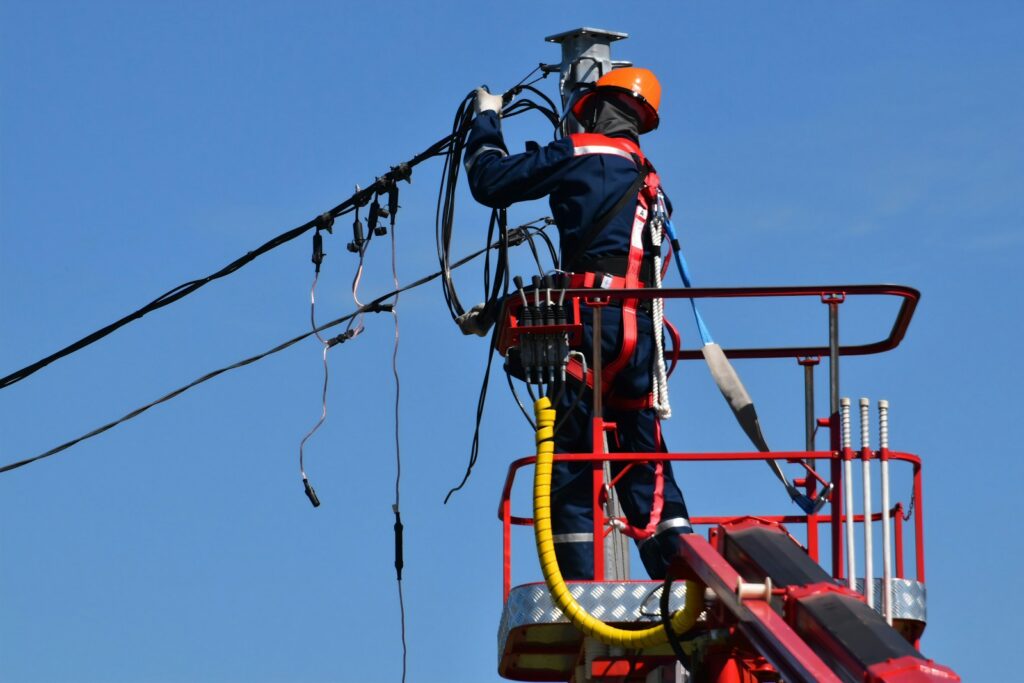
During power outages, staying updated about the situation helps reduce anxiety and supports better decision-making. Many people make the mistake of ignoring news sources or relying on dead devices. A battery-powered or hand-crank radio is an invaluable tool when communication networks go down. Check weather forecasts and local advisories regularly. Staying informed allows you to respond quickly to safety warnings or restoration updates. Keeping track of official information keeps your household one step ahead. Being informed transforms uncertainty into preparedness and gives you the confidence to handle any blackout calmly and efficiently.
10. Neglecting to Review the Emergency Plan
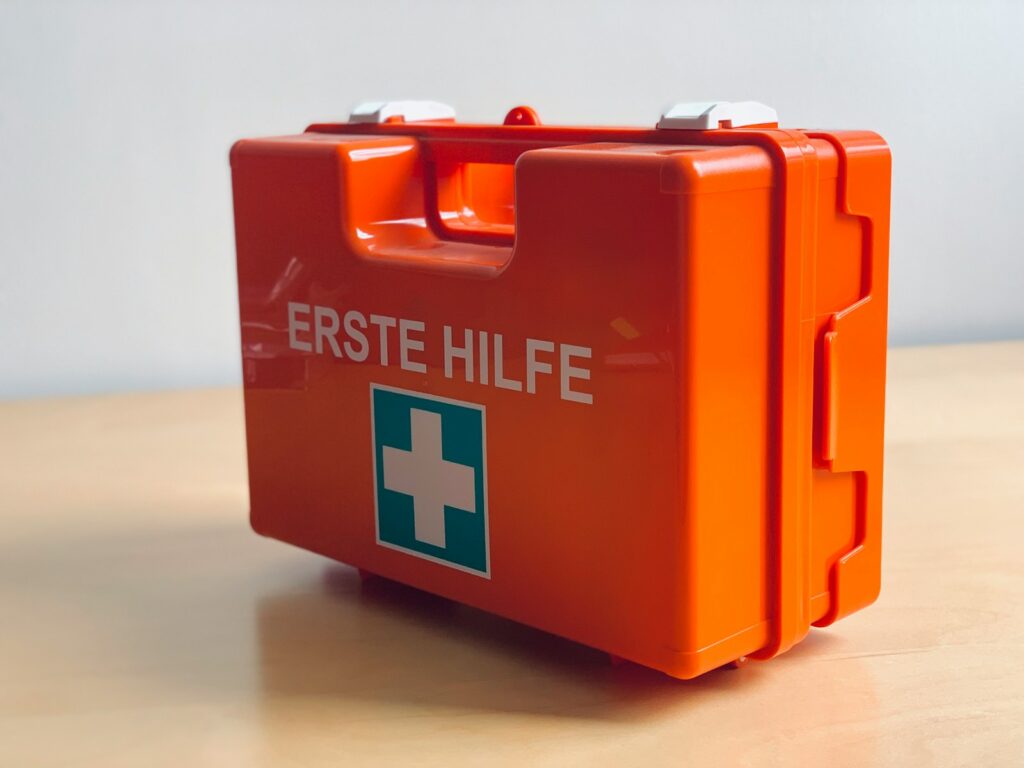
Having a plan is good, but failing to review or practice it often makes it ineffective. Many people create emergency kits or strategies and then forget about them for years. Batteries expire, flashlights stop working, and supplies deplete. Schedule regular checks to update your kit and test equipment. Run practice drills so family members know what to do when an outage occurs. Consistent review ensures everything functions when needed most. Staying proactive helps you adapt to changing circumstances and keeps your household confident, safe, and ready for any unexpected power disruption.
Comments